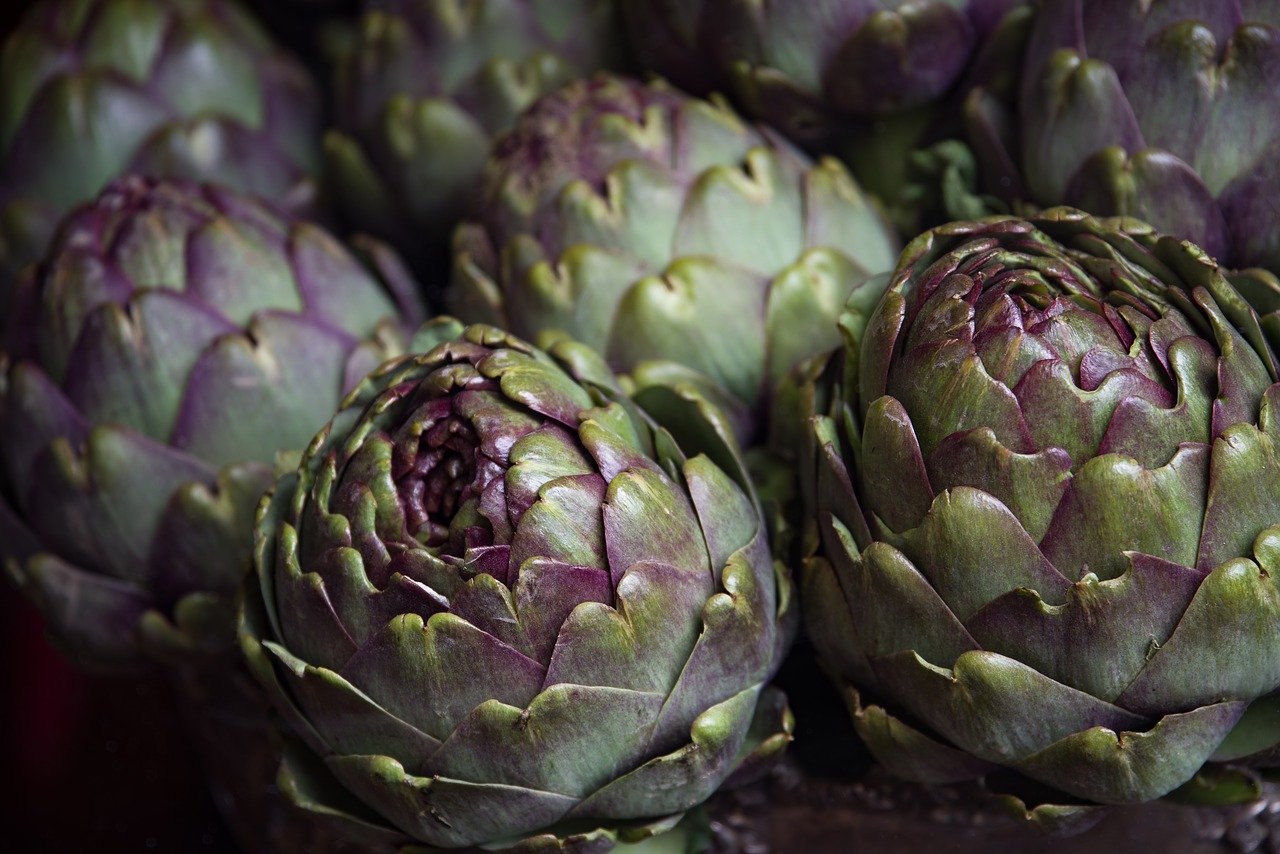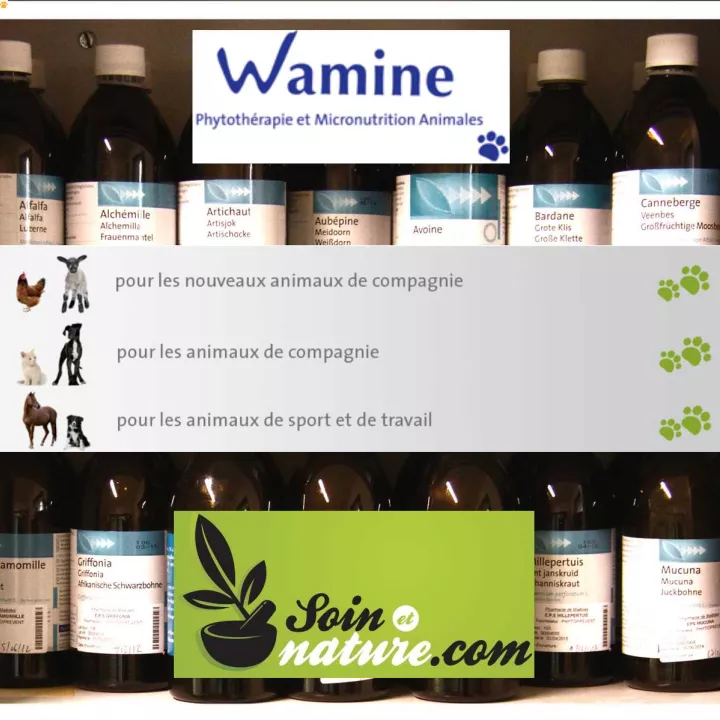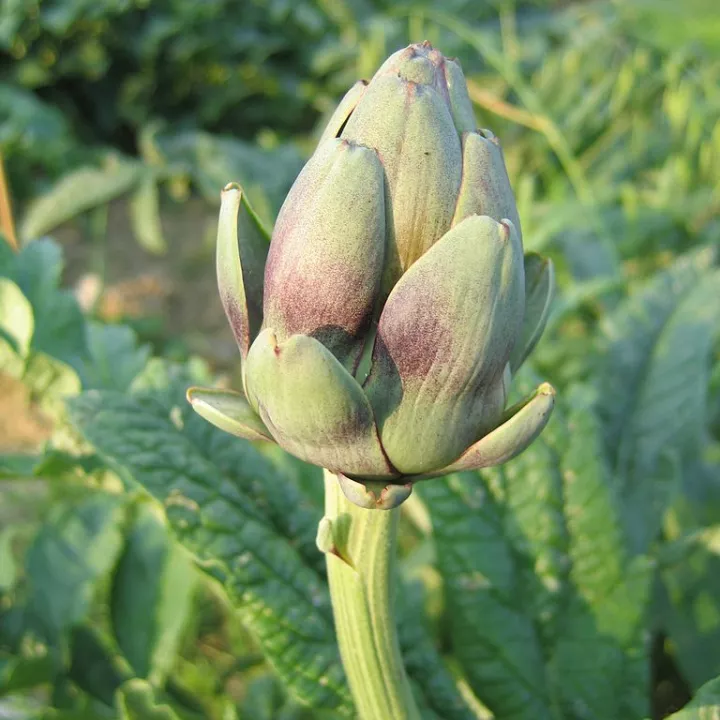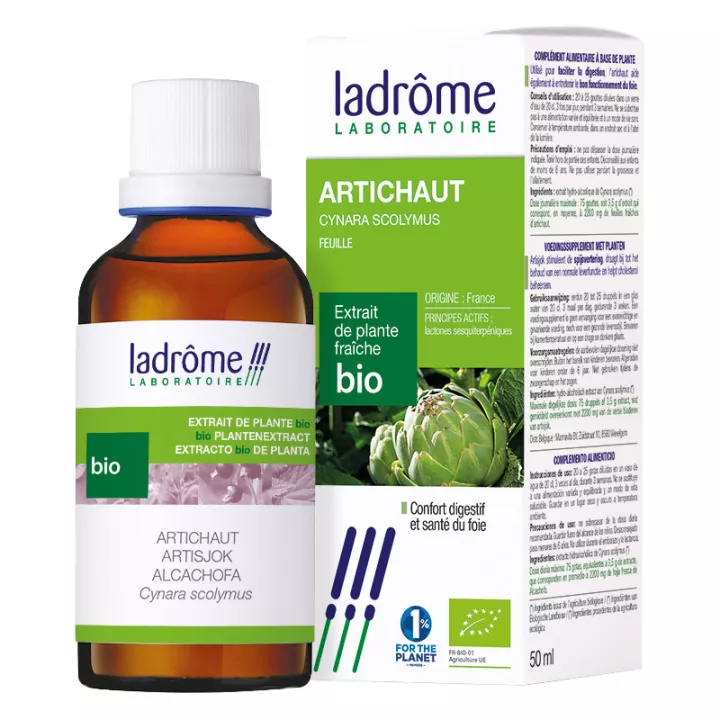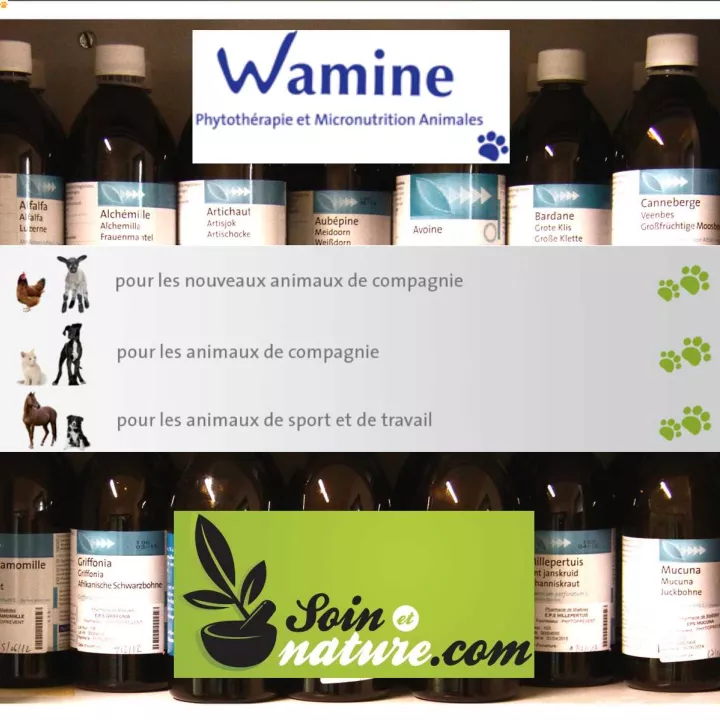EPS PhytoStandard ARTICHAUT Wamine reconditioned
Food supplement based fluid extract of artichoke (Standardized stabilized) Alcohol
The PhytoStandards Wamine are fluid extracts, produced from selected plants whose origin is traced.
They are obtained by a patented process that respects the integrity of the plant. These extracts are standardized and provide constant and stable content of active ingredients.
Properties of EPS PhytoStandard Wamine Artichoke
- Regulator choleresis (1)
- Hepatoprotective (2)
1 Saenz Rodriguez T. et al. Choleretic bibliary activity and elimination of lipids and acids galls induced by an artichoke leaf extract in rats. phytomedicine; 2002; 9: 687-93
2 Adzet T. et al. Hepatoprotective activity of polyphenolic compounds from Cynara scolymus contre CCl4 toxicity in isolated rat hepatocytes. J.Nat.Prod .; 1987; 50 (4): 612-7
Tips for using the EPS PhytoStandard Wamine Artichoke
For information, here are the common dosages of PhytoStandard Wamine EPS ARTICHAUT, Oral: 1 ml to 5 kg / day
Dogs and cats under 5 kg: adjust the dose according to weight - Dogs over 25 kg: administer than 5 ml / day - During acute illnesses, repeat the dose 3-4 times a day for 5 days - in chronic conditions, 1 time a day for 20 days, renewable.
Precautions for EPS PhytoStandard Wamine Artichoke
These usage tips are provided for information only, they do not provide an accurate diagnosis and correction of the diet. Some plants such as Cassis require doubling the dose. For pregnant animals should not be administered: Alfalfa, Alchemilla, Sage, Hops. Attention, administration of these extracts can trigger a transient salivation in some animals. In this case, further dilute the mixture with water prior to administration or the dose administered several times during the day. In cats: when compounding is administered with food, add 1/4 more Burdock in the mix to improve food intake.
Composition of the EPS PhytoStandard Wamine Artichoke
Extract of artichoke - Cynara scolymus (leaves), stabilized in vegetable glycerine.
Aster
Origin: Mediterranean region - Temperate - Brittany
Part used: Leaf
Historical
Bracts of artichoke are used and appreciated for their gastronomic qualities and leaves for their therapeutic value since ancient times. Originally, the artichoke was a wild thistle, which, under the influence of crosses, became the plant we know today.
EPS or Standardized Fresh plants extract are obtained by the extraction process "PhytoStandard" that respects the integrity and completeness of the active ingredients present in the plant.
We propose to prepare EPS mixtures , according to the formulas recommended by your veterinarian phytothérapeuthe.
